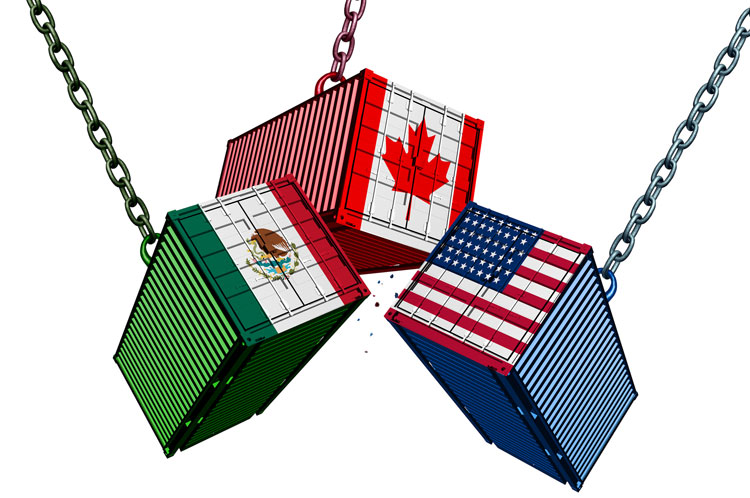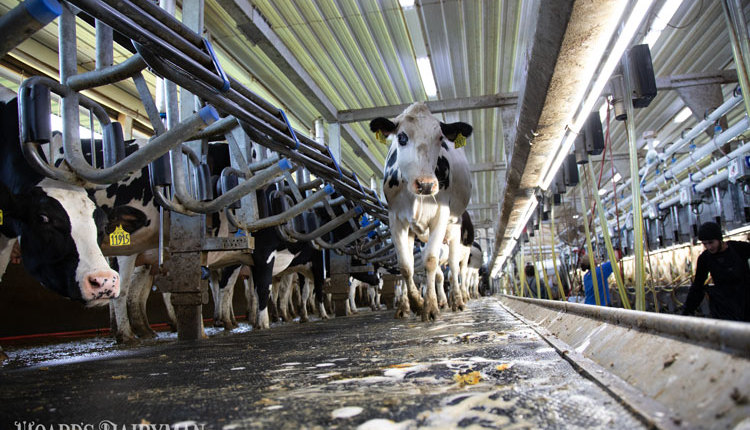
The United States-Mexico-Canada Agreement (USMCA) finished the negotiation process on September 30. This agreement will replace the North America Free Trade Agreement (NAFTA) . . . if all three countries can secure legislative approval, a process that could still take some time. While many of the headlines have labeled this deal as very similar to the current NAFTA agreement, certain provisions of the USMCA could have important impacts on the U.S. dairy industry.
Canada, a market worth over $600 million in U.S. dairy exports last year, has granted additional access to U.S. dairy products in the newly created USMCA. There are new tariff rate quotas for numerous types of dairy products that are exclusively for U.S. dairy exporters.
While most of the additional access does not begin until year six of the agreement, it then steadily rises for an additional 13 years. One day, it could eventually amount to a 10 to 15 percent increase in U.S. access to the Canada dairy market.
Restores price balance
More importantly, Canada has agreed to eliminate its Class 6 and 7 milk pricing system six months into the agreement. According to the Office of the U.S. Trade Representative, “Canada will ensure that the price for skim milk solids used to produce nonfat dry milk, milk protein concentrates, and infant formula will be set no lower than a level based on the U.S. price for nonfat dry milk.” Since the Class 7 milk pricing system began in 2016, Canada has tripled exports of nonfat dry milk, placing an additional 100 million pounds of product on world markets.
With world nonfat dry milk prices remaining 40 to 50 percent below the average levels of 2010 to 2014, it has been difficult for U.S. milk prices to return to profitable levels. While large intervention stocks of milk powder in the European Union and tepid demand are largely responsible for low nonfat dry milk prices, the additional product placed on world markets from Canada’s Class 7 milk pricing system has contributed to depressed prices.
The USMCA will bring a rapid end to that situation if ratified, as well as to add additional opportunities for U.S. dairy exports into Canada in years to come.
It will be important to see final implementing details before determining the actual benefit that the U.S. dairy industry will accrue from the USMCA.








